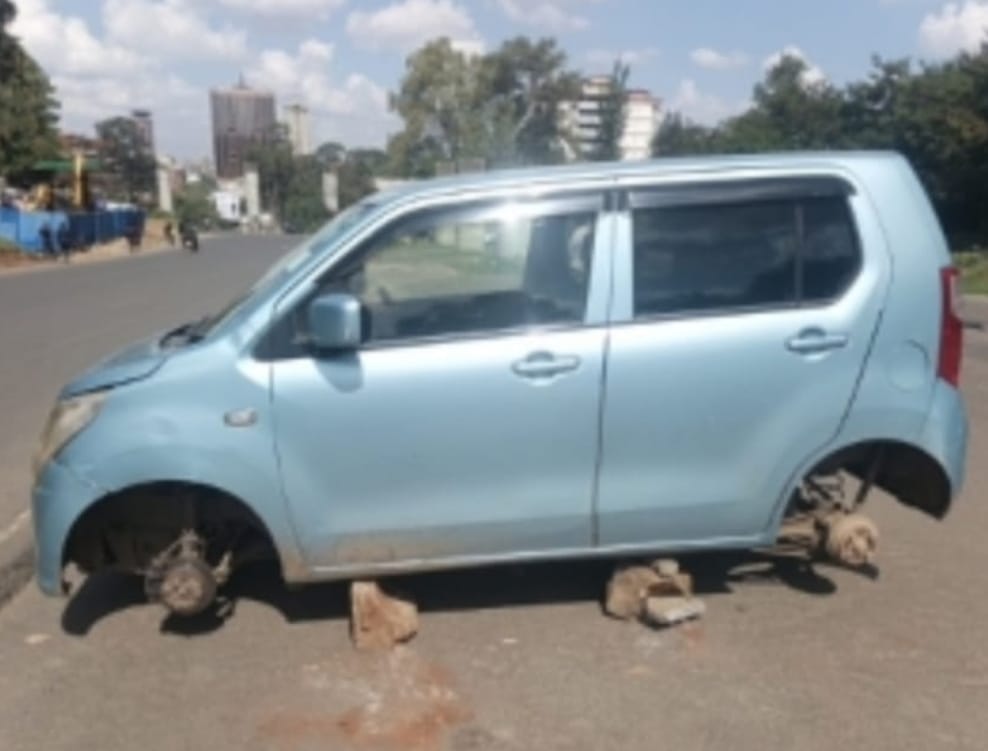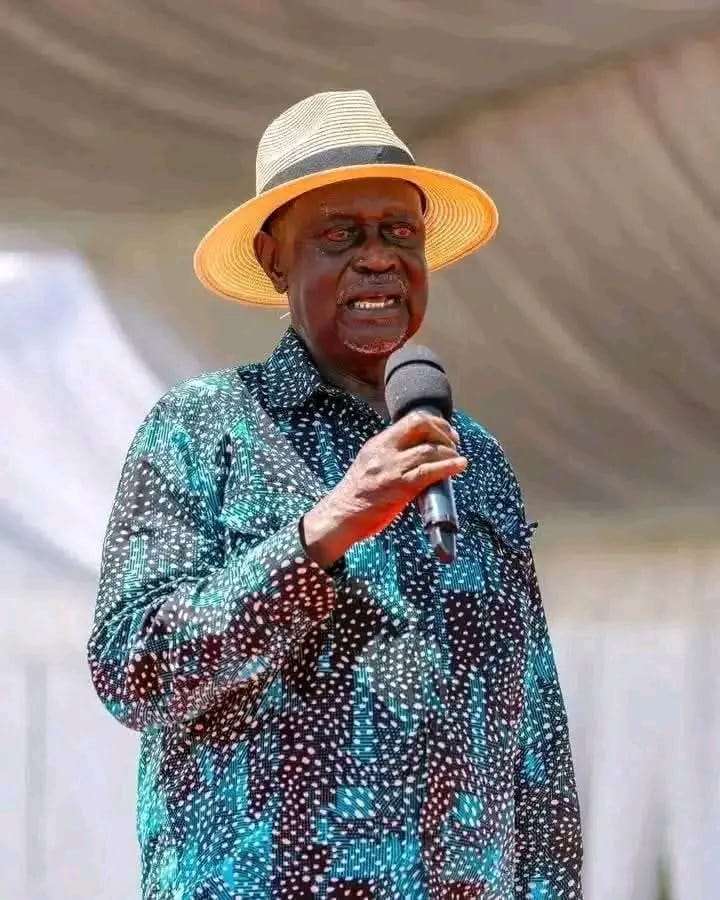By James Okoth
A nationwide strike by digital transport drivers and boda boda operators has brought business to a near standstill across major towns, with Nairobi suffering the worst paralysis since Monday. The strike, which began on November 3 and is expected to run until November 30, has disrupted movement for thousands of commuters and delivery services across the capital.
Acting under the umbrella of the Amalgamation of Digital Taxi Transport Organisations, the drivers, drawn from Uber, Bolt, Little Cab and other platforms, have vowed not to return to work until the government and the National Transport and Safety Authority (NTSA) address long-standing grievances.
The strike is being enforced through a legal directive from Murithi Kimathi and Karera Advocates, acting on behalf of the digital operators against the NTSA and the Ministry of Transport and Infrastructure. The notice, circulated on Sunday, warned all partners, car owners and operators to “comply fully with the directive” or risk punitive action.
“Any attempt to defy this strike will attract charges per kilometre covered or other penalties as deemed fit by the collective leadership,” the notice reads in part.
The strike has seen operators form small vigilante groups across key intersections in Nairobi’s Westlands, CBD, Upper Hill and Kasarani, to ensure no digital cabs are on the road. Witnesses reported cases of deflated tyres and blocked access roads as part of the enforcement.
“We are not fighting anyone. We are fighting for our rights,” said Justin Nyaga, one of the strike’s co-chairs. “The NTSA and the Ministry of Transport have failed to enforce the Transport Network Companies, Owners and Passengers Regulations of 2022. We are demanding compliance and fairness in pricing, safety and earnings,” he added.
His counterpart, Daniel Manga, accused digital platforms of exploitation and regulatory negligence.
“Drivers are being overtaxed, underpaid and unprotected,” Manga said. “Until the government ensures that all companies comply with the law, we shall not move a single kilometre,” he emphasised.
The ripple effect of the strike is already being felt beyond the capital. In Mombasa, Kisumu, Eldoret and Nakuru, commuters were stranded for hours, while delivery companies reliant on digital transport reported massive delays.
Economists warn that the ongoing strike could cost the country over Sh2.5 billion in lost productivity and disrupted logistics if it continues through the end of November.
Hon. David Ochieng’, Ugenya Member of Parliament, Movement for Development and Growth (MDG) party leader and Siaya County gubernatorial hopeful, spoke to The Western Insight.
“The transport sector is a key artery for Kenya’s service economy,” Ochieng’ said. “A sustained paralysis of digital and boda services for nearly a month could trigger inflation in urban mobility and logistics, directly affecting food delivery, e-commerce and ride-sharing sectors,” he warned.
Meanwhile, tension continues to mount in Nairobi’s Central Business District, where dozens of digital drivers marched peacefully from Uhuru Park to the NTSA headquarters, chanting “Fair pay, fair rules!”
Security has been heightened in key transport zones, with police cautioning both operators and the public to avoid confrontations.
As the standoff enters its second day, all eyes are on the NTSA and the Transport Cabinet Secretary to intervene before the paralysis extends into the festive season, threatening livelihoods and the nation’s already strained transport grid.




